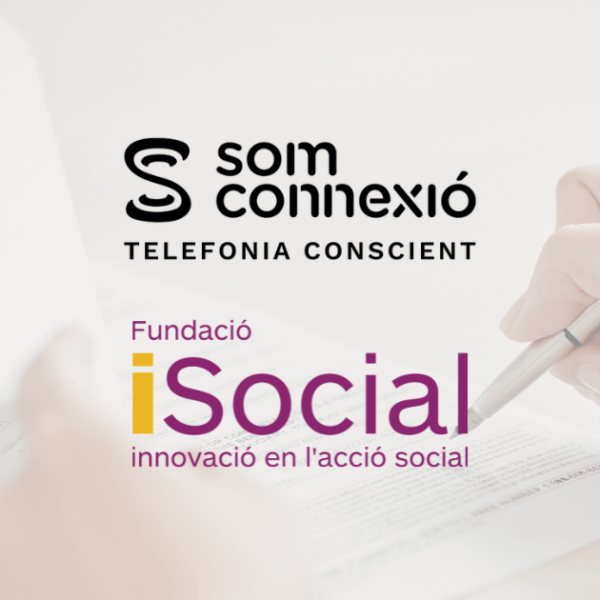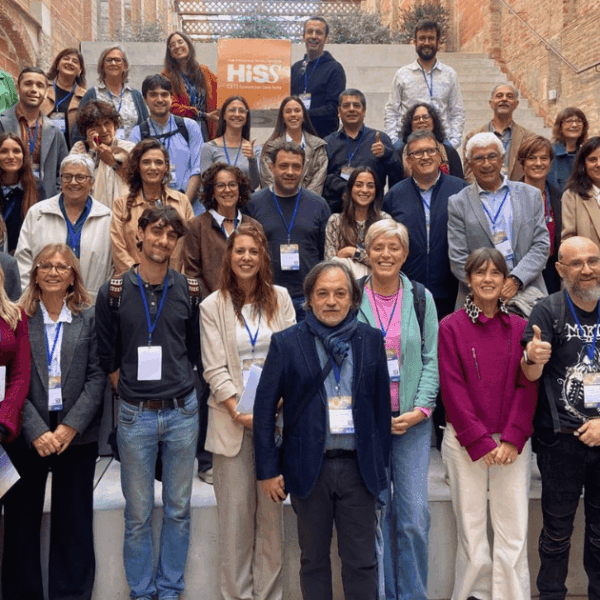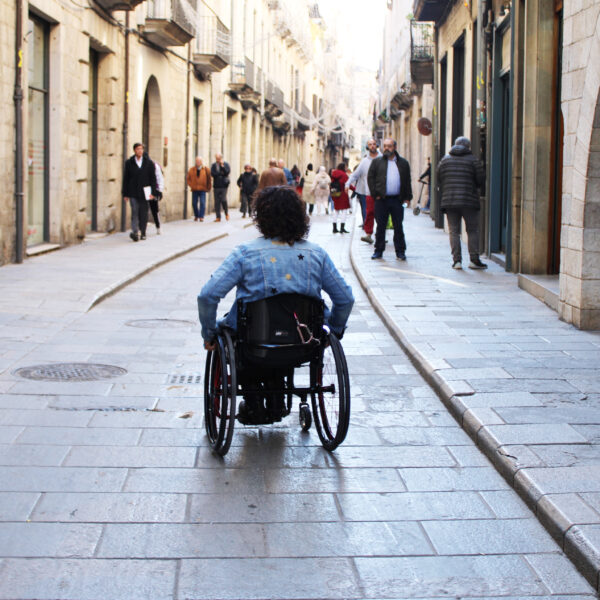The NIDUS Deinstitutionalization project selected in the 2nd HISS Call for community alternatives to institutionalization
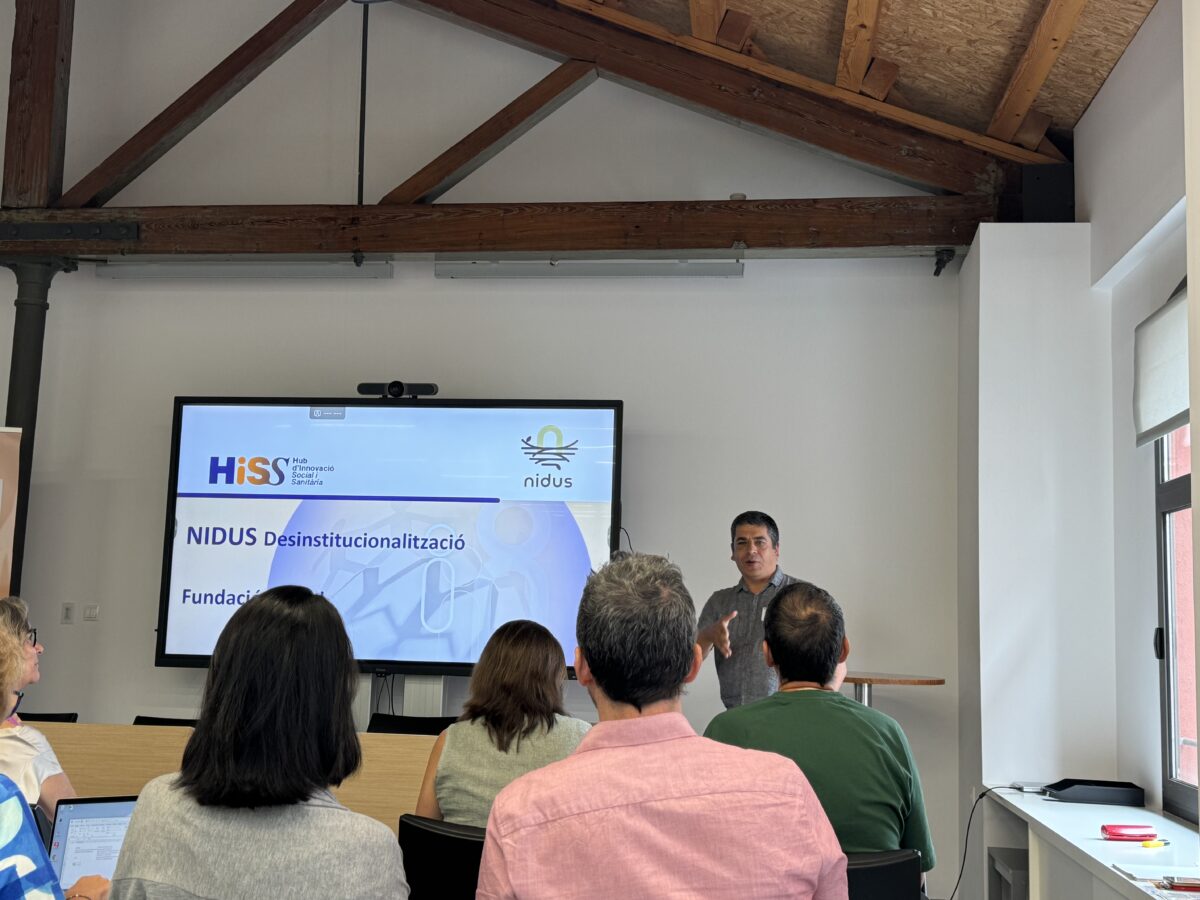
The NIDUS Deinstitutionalization project selected in the 2nd HISS Call for community alternatives to institutionalization
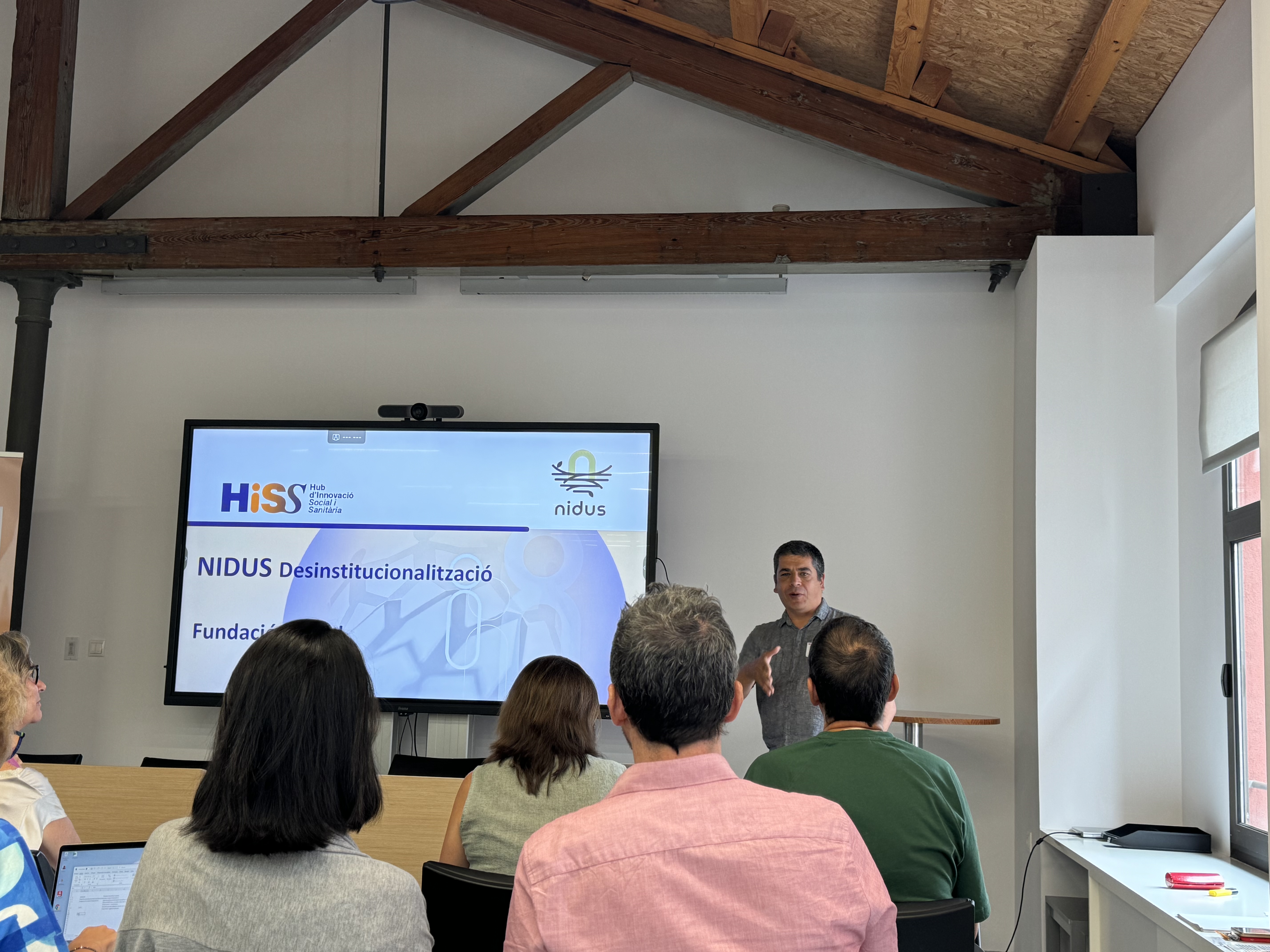
The new pilot will implement the NIDUS tool to support individuals with severe mental disorders in the deinstitutionalization process
The NIDUS Deinstitutionalization project has been selected in the 2nd Call of the Social and Health Innovation Hub (HISS in its Catalan acronym), which this year focuses on the challenge of Community Alternatives to Institutionalization. This project is an extension of the NIDUS application, which has so far been used to support people in precarious situations, and now aims to adapt it to the mental health field.
The NIDUS Deinstitutionalization pilot seeks to facilitate individual transitions to community life and strengthen ties to prevent, delay, or minimize the institutionalization of people with severe mental disorders, while promoting their autonomy and quality of life, aligned with the “Quality Rights” standards.
The project involves expanding the NIDUS tool, developed by iSocial since 2021 to assist people in vulnerable situations. Key features include a Virtual Safe for managing personal documents and a platform for direct communication with reference professionals, enabling continuous and personalized support. Additionally, the pilot will introduce a new 24-hour Channel, which will use a simple questionnaire to monitor the health, well-being, and potential risks of the supported individuals.
The 2nd HISS Call is part of the Transforma program, which aims to support innovative projects in the health and social care sectors, fostering their transformation and adaptation to current challenges. The NIDUS Deinstitutionalization project was selected alongside nine other initiatives and will receive tailored support over a 10-month period for its development and implementation.
With the backing of HISS, the goal of NIDUS Deinstitutionalization is to promote a person-centered care model that facilitates their transition to community life, enhances their autonomy, and reduces dependence on institutional services. Once the tool’s utility and effectiveness have been validated, it is expected to scale its use, benefiting a broader population in Catalonia affected by deinstitutionalization processes or at risk of institutionalization.
The project also involves collaboration with Pere Claver Group, Sant Joan de Déu, the Institut Pere Mata, as well as the consultancy Antares Consulting and the tech company Inqbarna, which will be responsible for app development.
Actualitat

